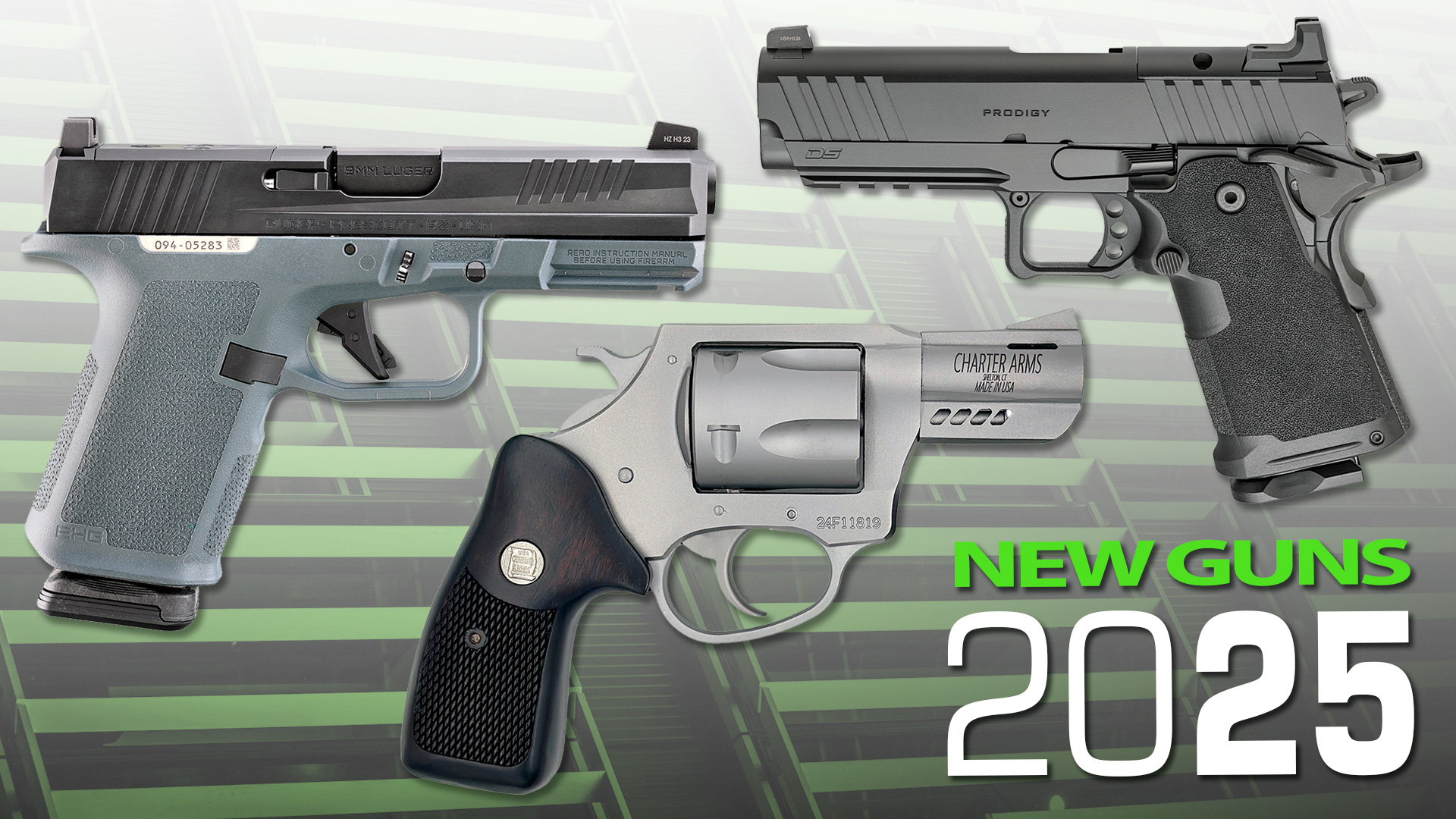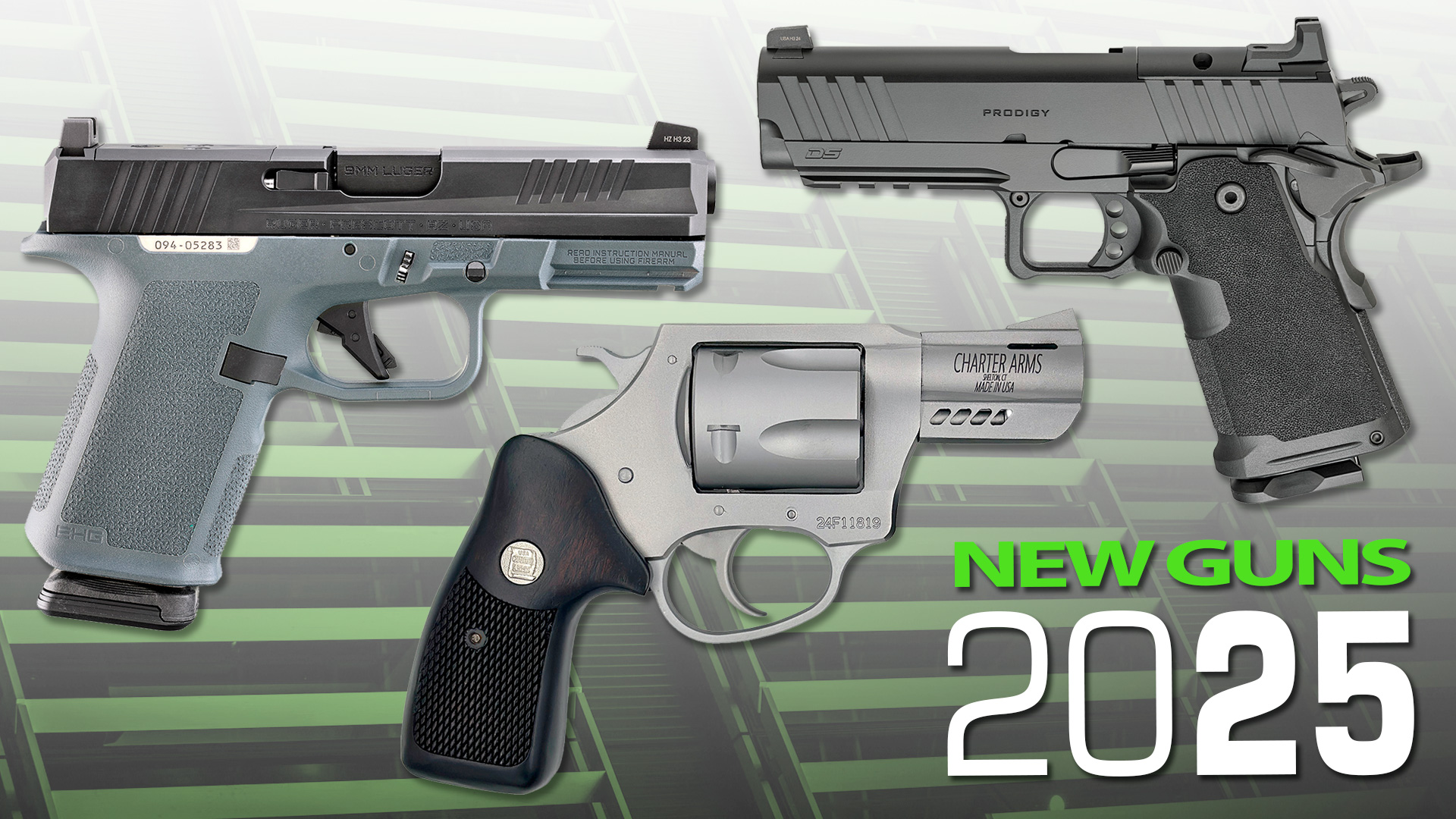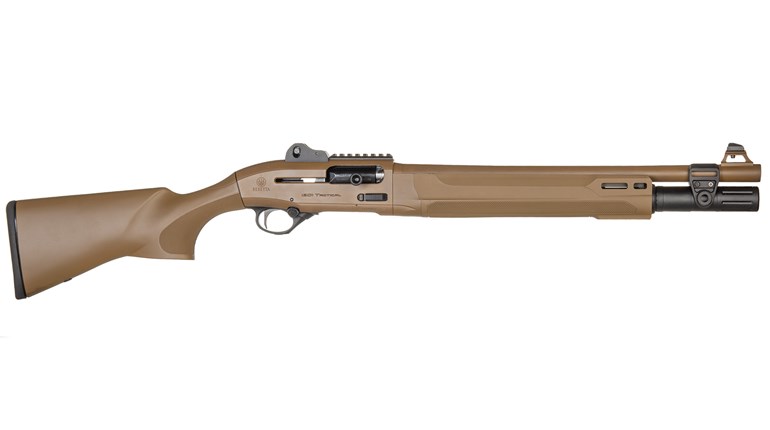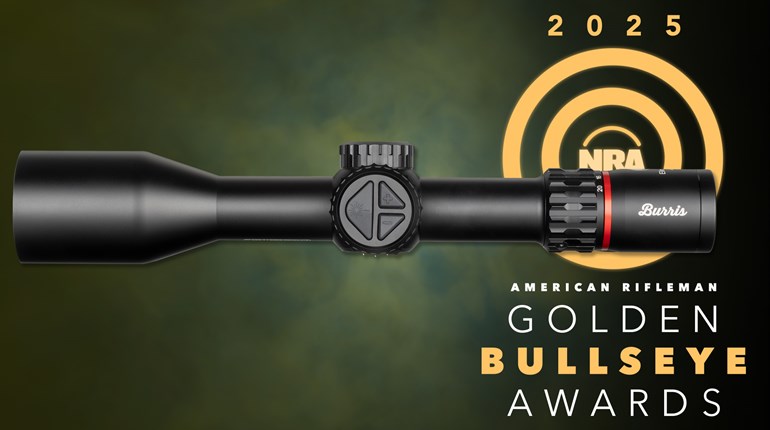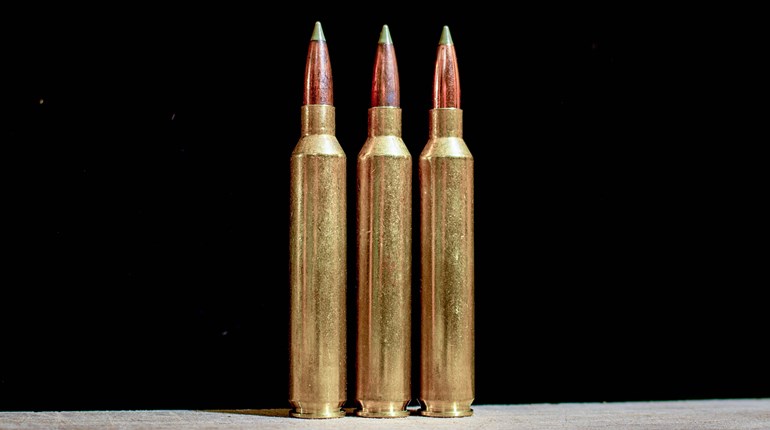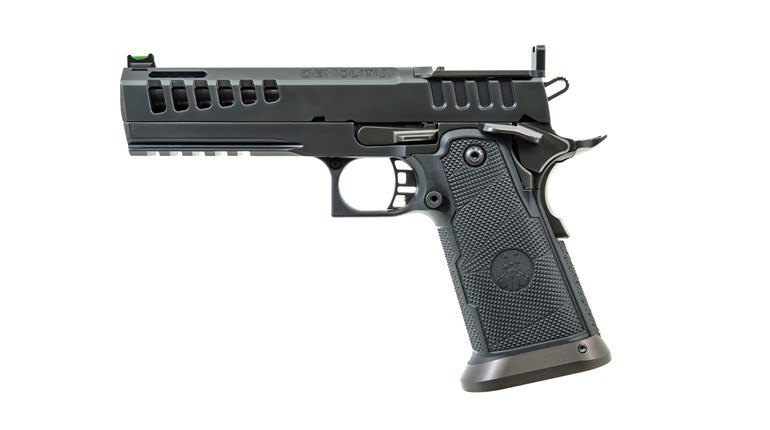
It’s tempting to bolt a bunch of tactical doodads on your home-defense shotgun to make it look cooler. But much of this stuff can actually be detrimental in a self-defense scenario. Here’s what you don’t need and why.
1. Pistol-Grip Stock
In Hollywood, the shotgun-wielding gunfighter unfurls his sawed-off, pistol-gripped pump and mows down a covey of ne’er-do-wells without so much as grazing the bartender. But, in real life a pistol grip on a shotgun is a bad idea. Shotguns simply recoil too much to control the gun properly. It’s hard to hit targets quickly or accurately—and it hurts like hell. The only reason for a pistol grip is for concealment and compactness, two traits that are generally unimportant features for most, except perhaps bank robbers and shark fisherman. The shotgun’s full-size stock came with it for a reason: to point it quickly and accurately, and to spread its recoil across your cheek and shoulder so that it’s mitigated, making follow-ups fast and accurate. If you don’t believe me—just take a box of buckshot to the range and shoot them all with your bad-ass-looking pistol-grip gun. If you still prefer it, hey, you’re better than me.
2. Collapsible stock
This is another good idea that sucks in actual practice. Why? These stocks typically feature an AR-15-style, hard-plastic tube that serves as a cheekpiece. Trouble is, it often fails to align the eye properly with the shotgun’s rib—and they also hurt like hell. This style stock has become popular on the AR-15 among military and law enforcement personnel for two reasons. First, these operators often wear body armor so they need short stocks. Secondly, an AR-15 has about 4 ft.-lbs. of recoil energy, so it doesn’t matter whether your cheek rests upon steel or hard plastic. But a shotgun loaded with 00 buck and fitted with a common AR-15-style collapsible stock will pound the cheek until it’s swollen. If you don’t believe me, go shoot 50 rounds. If you prefer a shorter stock, buy one. But, make it a full-contour design.
3. Optics
For slugs, optics such as red-dot sights are a viable accessory because a small, precise aiming point on a single-focal plane often results in greater accuracy at distance. But for home-defense scenarios where buckshot is used at combat distances, your shotgun’s standard bead sight is perfect. It has no reticle system to get knocked out of zero and no batteries to go kaput when the zombies stagger through the threshold. A bead and mid-bead provide all the accuracy you’ll need, plus this system is more intuitive because the eye will naturally be aligned correctly when the cheek is placed on the stock. It allows an unobstructed field of view. Certainly, it doesn’t look as cool as an optic, but with the money you’ll save you can buy a new fishing rod.
4. Plastic Fiber-Optic Front Sight
If you want your front bead to break off at the most inopportune time, buy a plastic front sight pipe and put it on your home-defense shotgun. These sell because they look cool, not because they work well. There is nothing wrong with fiber-optic front beads, provided they are robust and not made of cheap plastic. Indeed, I recommend the XS Sights Big Dot Tritium Front Sight. It’s made of steel with a tritium insert.
5. Ghost-Ring Sights
These things are great for slugs and for forcing you to crane your head high over the stock so any recoil that hits you feels like a punch from Sergey Kovalev. They are also notorious for getting hung up on anything that gets near your shotgun’s muzzle, due to sticking up a couple inches over the gun’s rib. Again, they look cool, but for home defense where slugs aren’t the best choice—they are an unnecessary and indeed detrimental accessory.
6. Saw Tooth/Tactical Choke Tube
In the movies, these menacing muzzle devices are used for extracting a melon-scooper-size plug of skin from the perpetrator for easy DNA analysis by the forensics team later, but for the average home defender, they are not worth their cost. While they are useful for door breaching by military and law enforcement (and I supposed a home-defense shotgun could be used for that purpose with training), you’re probably best served by the cylinder-bore choke tube that the shotgun arrived with. Its flush-mount design will make the gun easier to swing in the tight confines of your bathroom.
7. Sling
There is an upside to this accessory, because I can envision a possible scenario where you may need to free the hands to hold a child and call the police at the same time—but in general I’ve found that every little thing that hangs from your shotgun is at risk of getting hung up on something, especially under duress.
In the average home, there are plenty of door knobs, banister spindles and chair backs that can reach out and grab your shotgun just when you need to aim it most. I say leave the slings to tac guys who like to dangle their AR-15s while they use the comm set to direct artillery fire. In your home, however, keep your hands on your shotgun and eliminate all the dangly doodads that can hasten your demise.


